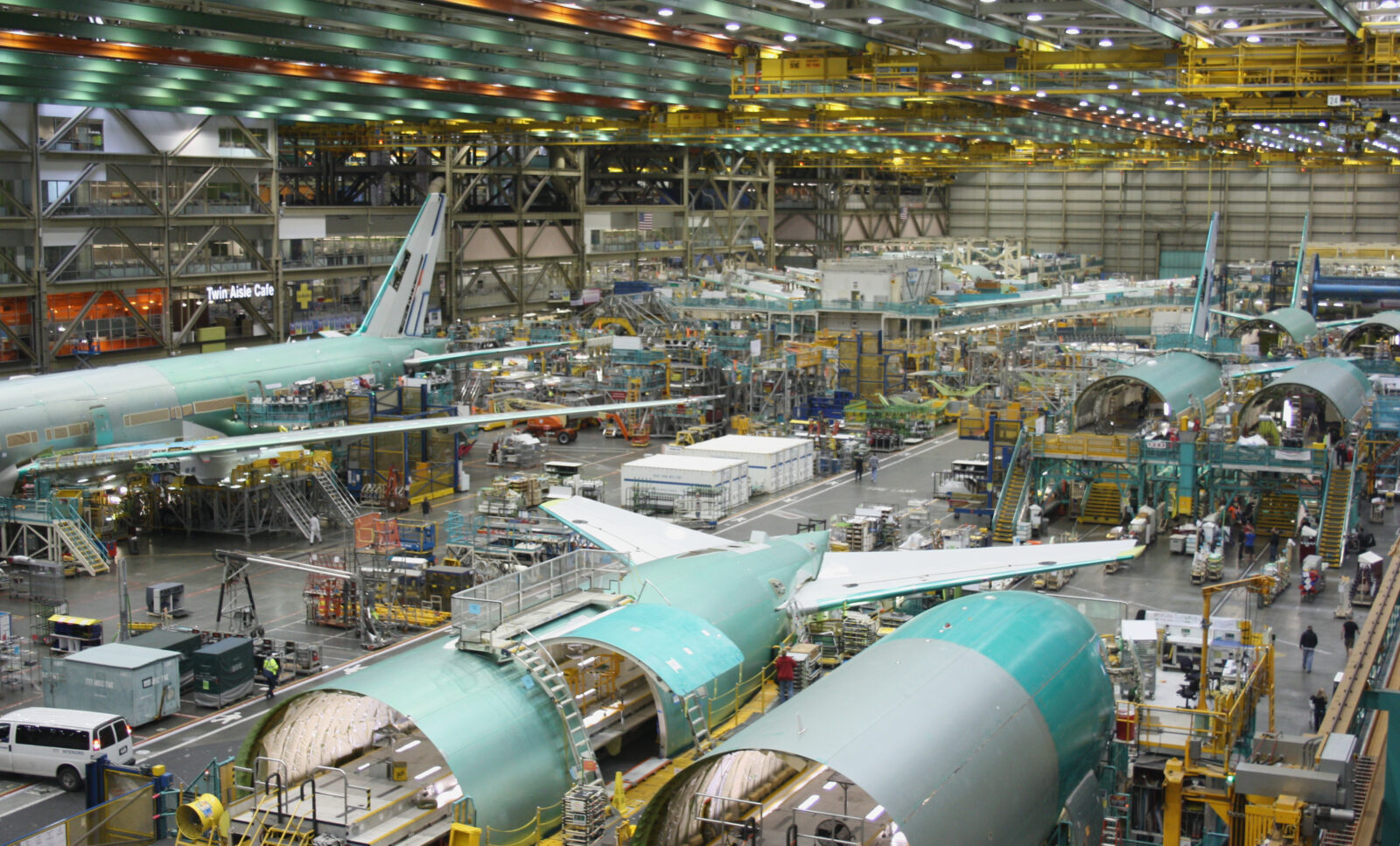
Beleagured aircraft manufacturer Boeing has offered tens of thousands of striking factory workers a 35% pay rise and a one-time $7,000 bonus, as well as a slew of other contract improvements in a bid to end a highly damaging walkout that has brought the company to the brink.
The newly negotiated offer was brought about after an intervention from the Biden administration, which saw Acting U.S. Secretary of Labor Julie Su getting directly involved in bargaining sessions between Boeing and the IAM 751 union, which represents the workers who are officially known as machinists.
Early on Saturday morning, the union announced that it had officially received a negotiated proposal from Boeing which it now believed was enough to bring an end to a strike at the company’s aircraft manufacturing sites in Portland and Seattle.
The strike has brought aircraft assembly lines to a standstill across Puget Sound for more than a month and has resulted in Boeing drawing up plans to layoff around 10% of its workforce in a desperate attempt to shore up its finances.
The latest offer includes a 35% pay rise over the course of the four-year contract – up from 30% in Boeing’s ill-fated ‘best and final’ offer that it presented to workers last month without any negotiations with the union.
The one-time ratification bonus has also been increased from $6,000 to $7,000, and Boeing has agreed to reinstate an annual bonus scheme. The company will also improve its 401(k) plan and has removed a more hardline approach to sick time callouts.
The union told its members that it plans to hold a contract ratification vote on Wednesday, October 23, with a simple ‘accept’ or ‘reject’ ballot. “A simple majority (50% +1) of members voting will determine the outcome,” the union said in a statement posted to its official X account.
Last week, Boeing CEO Kelly Ortbeg told workers that it was “hard to overstate the challenges we face together” as he laid out plans to dramatically cut costs across the company.
“Beyond navigating our current environment, restoring our company requires tough decisions and we will have to make structural changes to ensure we can stay competitive and deliver for our customers over the long term,” Ortberg told workers.
Boeing’s CEO and president of the Commercial Airplanes division, Stephanie Pope, had earlier blamed the union for the failure of wage negotiations, saying that machinists were demanding rises “far in excess” of what Boeing could afford to remain competitive.
Mateusz Maszczynski honed his skills as an international flight attendant at the most prominent airline in the Middle East and has been flying ever since... most recently for a well known European airline. Matt is passionate about the aviation industry and has become an expert in passenger experience and human-centric stories. Always keeping an ear close to the ground, Matt's industry insights, analysis and news coverage is frequently relied upon by some of the biggest names in journalism.







